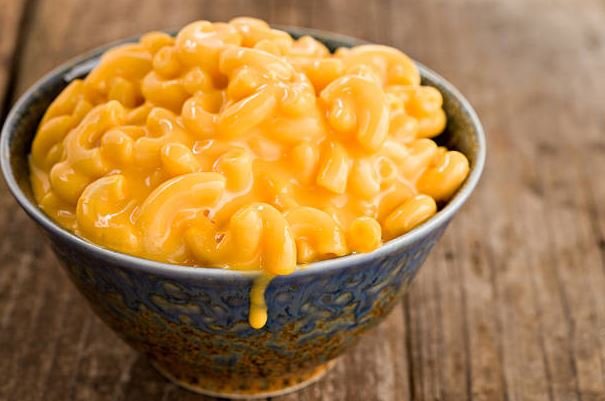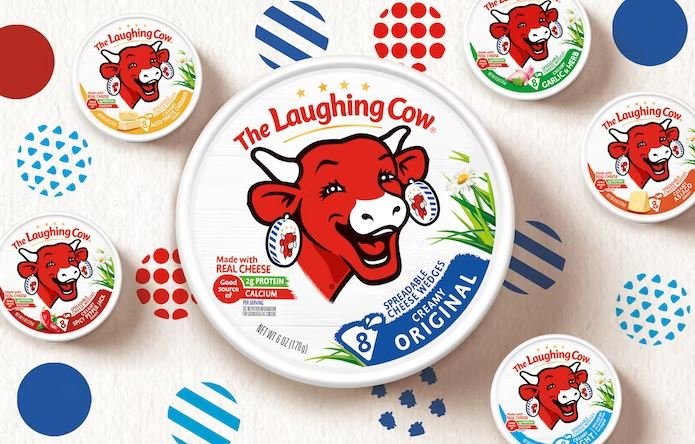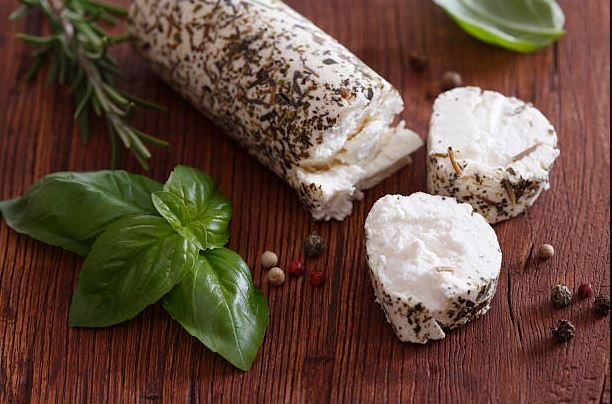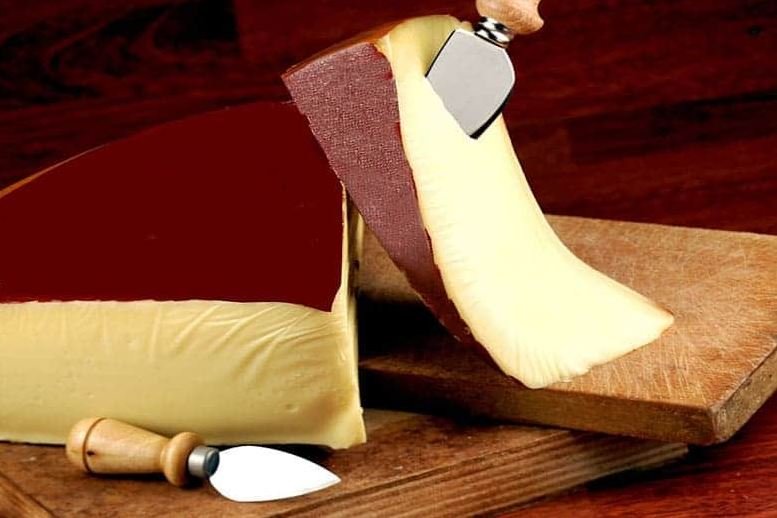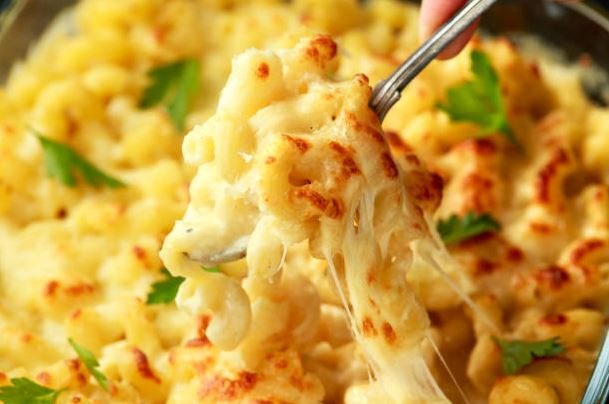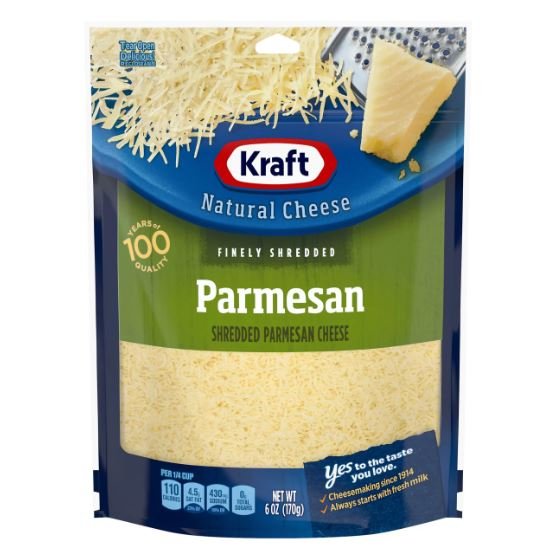In a world of diverse dietary requirements and preferences, clarifying the halal status of our favorite treats is crucial. One question frequently arises is whether M&Ms, the beloved chocolate candy, are halal.
Yes, M&M’s are generally considered halal. Halal refers to anything permissible according to Islamic dietary laws. The ingredients used in M&M’s, such as sugar, cocoa, milk, and various food additives, do not typically contain haram (forbidden) ingredients. Additionally, Mars, the company that produces M&M’s, has confirmed that they do not use any animal-derived ingredients or alcohol in the production of their candies.
What Ingredients Are Used in M&Ms?
Before determining if M&Ms are halal, look closely at their ingredients. M&Ms consist of a colorful candy shell surrounding a chocolate center. The primary ingredients used in M&Ms include:
- Sugar: It provides sweetness and is a bulking agent in the candy shell.
- Chocolate: The core of an M&M is made from chocolate, which is derived from cocoa beans.
- Cocoa Mass: Cocoa mass is obtained by grinding cocoa beans, contributing to the rich chocolate flavor of M&Ms.
- Skim Milk Powder: This ingredient adds creaminess to the chocolate center of M&Ms.
- Lactose: Lactose, a sugar found in milk, is used in small quantities as a sweetener.
- Milkfat: It gives M&Ms a smooth texture and enhances the taste.
- Soy Lecithin: Soy lecithin acts as an emulsifier, ensuring the proper blending of ingredients.
- Artificial Colors: M&Ms come in various vibrant colors, thanks to the addition of artificial colors like Red 40, Yellow 5, and Blue 1.
Does M&Ms Contain Alcohol?
Alcohol is a controversial ingredient when it comes to determining the halal status of a product. It’s important to note that M&Ms do not contain any alcohol as a listed ingredient. However, it’s worth mentioning that the manufacturing process of M&Ms involves using alcohol as a solvent during the extraction of natural flavors and colorings. The alcohol dissolves these substances and evaporates during manufacturing, leaving only the flavor or coloring components behind.
While the alcohol used in the production of M&Ms is not intended for consumption and evaporates completely, some individuals may still have concerns. Suppose you strictly adhere to halal dietary guidelines. In that case, it’s advisable to consult with a religious authority or certification body to ensure the acceptability of M&Ms based on your personal beliefs and interpretations.
Is There a Risk of Cross-Contamination?
Cross-contamination refers to the unintentional introduction of impurities or non-halal ingredients during the manufacturing process. In the case of M&Ms, the parent company, Mars, takes great care to prevent cross-contamination. They have implemented strict manufacturing processes and guidelines to avoid accidental contact with non-halal ingredients.
Mars operates multiple manufacturing facilities worldwide, and each facility follows stringent protocols to maintain separation between halal and non-halal production lines. The company has robust quality control measures to ensure that M&Ms and other products meet the standards set for halal certification.
Who Certifies M&Ms as Halal?
Halal certification is essential for consumers to ensure their products align with their religious beliefs. In the case of M&Ms, halal certification varies depending on the region and the certification body responsible for overseeing the process.
Mars, the parent company of M&Ms, collaborates with halal certification authorities worldwide to obtain halal certification for its products. Some renowned halal certification bodies include the Islamic Food and Nutrition Council of America (IFANCA), the Halal Monitoring Committee (HMC), and the Islamic Society of North America (ISNA). These organizations evaluate M&M’s ingredients, manufacturing processes, and quality control systems of M&Ms to ensure they meet the halal standards set by Islamic dietary guidelines.
Can I Find Halal-Certified M&Ms in Stores?
Yes, halal-certified M&Ms are available in many stores, particularly in regions with a significant Muslim population. Due to the growing demand for halal products, Mars has tried to cater to diverse consumer needs by obtaining halal certification for its popular candy brand.
Halal-certified M&Ms can be found in specialized grocery stores, supermarkets, and online platforms offering a wide range of halal food products. To identify halal-certified M&Ms, look for packaging labels or logos indicating the halal certification body responsible for certifying the product. This way, you can enjoy your favorite chocolate candy with the confidence that it meets halal standards.
What Other Halal Candy Options Are Available?
If you’re looking for halal candy options beyond M&Ms, there are several alternatives to satisfy your sweet tooth. Here are a few popular halal-certified candy brands and treats you can explore:
- Jelly Belly: Known for its jelly beans, Jelly Belly offers various halal-certified flavors in different colors and sizes.
- Skittles: Skittles, another beloved candy, offers halal-certified versions free from non-halal ingredients.
- Haribo: Haribo, a well-known confectionery brand, produces halal-certified gummy candies in various shapes and flavors.
- Starburst: Starburst candies are available in halal-certified options, allowing you to enjoy their chewy and fruity goodness.
- Cadbury Dairy Milk: Cadbury offers halal-certified versions of their popular Dairy Milk chocolate bars, ensuring a delightful treat for chocolate lovers.
These are just a few examples of halal-certified candy options available in the market. You can discover various confectioneries that align with your dietary preferences by exploring specialized halal grocery stores and online platforms.
Are M&Ms Suitable for Vegetarians?
Yes, M&Ms are suitable for vegetarians. The ingredients used in M&Ms do not include animal-derived components, making them a safe choice for individuals following a vegetarian diet. The primary ingredients of M&Ms include sugar, chocolate, cocoa mass, skim milk powder, lactose, milkfat, soy lecithin, and artificial colors. None of these ingredients come from animals or involve animal by-products.
Sugar is a sweetener and bulking agent, while chocolate and cocoa mass provide rich chocolate flavor. Skim milk powder and lactose contribute to the creaminess and sweetness of the chocolate center. Milkfat enhances the texture and taste. The soy lecithin acts as an emulsifier, ensuring proper blending of the ingredients. Artificial colors like Red 40, Yellow 5, and Blue 1 create the iconic vibrant candy shell.
Are Halal-Certified M&MS Available Worldwide?
Halal-certified M&Ms may vary in availability depending on the region and the demand for halal products. However, efforts have been made to make halal-certified M&Ms accessible in many countries.
Do Halal-Certified M&MS Taste Different From Regular M&MS?
No, halal-certified M&Ms taste the same as regular M&Ms. The certification ensures that the ingredients and production processes meet the required standards while maintaining the familiar taste and quality.
Conclusion
M&Ms can indeed be halal, but it depends on the specific certification obtained for the product. According to Islamic dietary guidelines, the ingredients used in M&Ms, such as sugar, chocolate, and artificial colors, are generally permissible for consumption. Mars, the parent company, collaborates with reputable halal certification bodies to ensure that M&Ms meets the necessary standards for halal certification.
Following halal dietary guidelines, you can find halal-certified M&Ms in stores alongside other popular halal candy brands like Jelly Belly, Skittles, Haribo, Starburst, and Cadbury Dairy Milk. These alternatives offer a diverse range of options for those seeking halal-certified treats.
Remember, checking the packaging labels or looking for halal certification logos to identify products that meet your dietary requirements is essential. Doing so lets you enjoy your favorite candies while upholding your religious beliefs and dietary preferences.




